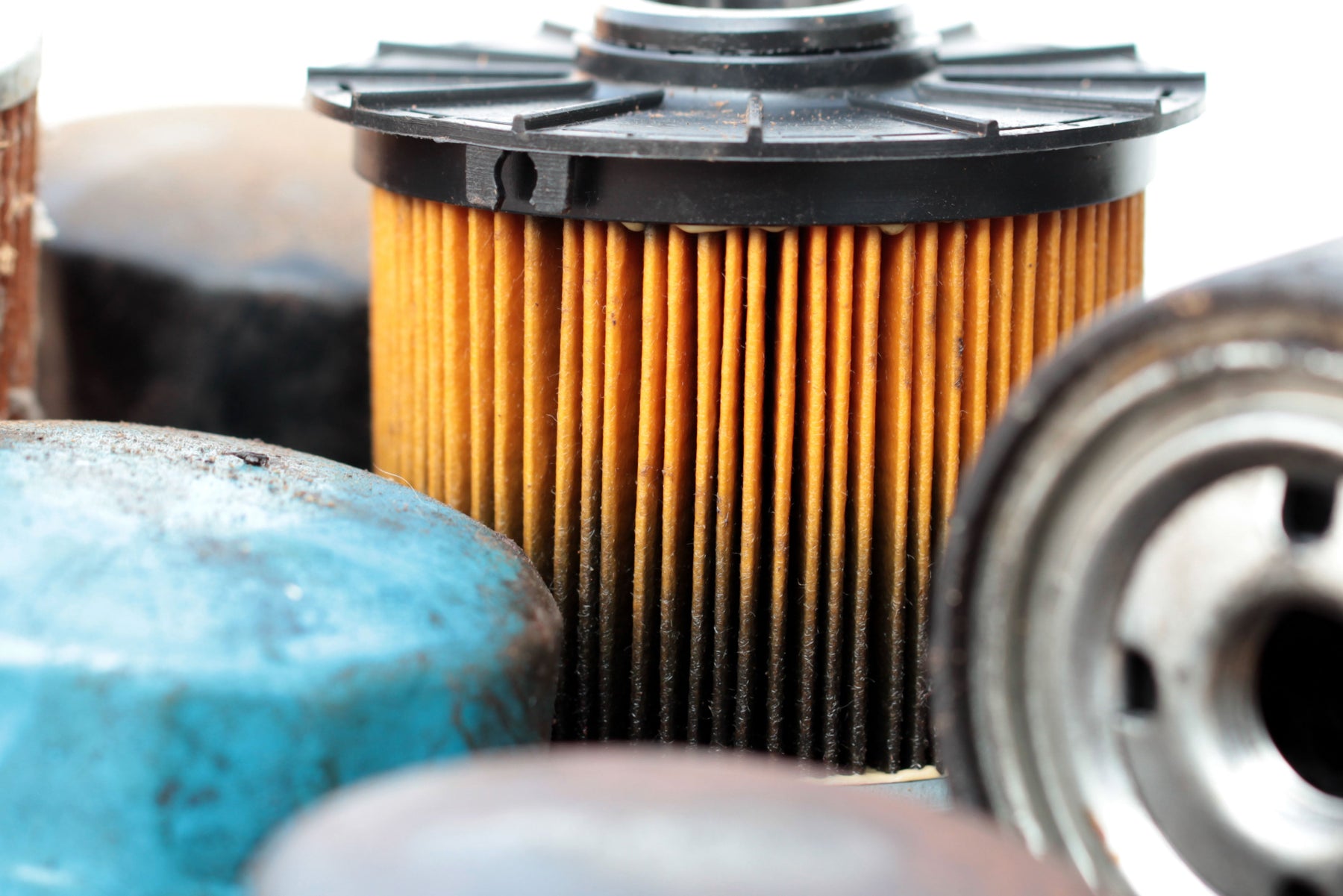
Improving Your Air Filter Performance
Air filters may be small parts of an industrial system, but they have a big effect on reliability and efficiency. Whether you're keeping a production line running or maintaining equipment in a workshop, clean air plays a key role. When filters get clogged, airflow drops, parts wear out faster, and downtime becomes more frequent. If filters aren't checked and replaced as needed, these issues can pile up quickly.
Improving air filter performance isn’t just about fixing problems once they pop up. It’s about staying ahead of them. Clean filters keep your system running better, longer. Taking a few simple steps now can help avoid surprise breakdowns and expensive fixes later. Let's explore what strong air filter performance looks like and how to get there.
Understanding The Importance Of Air Filter Performance
When air filters do their job right, they protect components from dust, dirt, oil vapor, and other contaminants that sneak in through the air supply. Good filtration keeps parts moving smoothly and prevents damage caused by debris. Over time, though, all filters wear down. Their efficiency drops, and they allow more harmful particles to pass through.
Poor filter performance can create a domino effect:
- Reduced airflow can cause equipment to work harder than needed
- Contaminated air shortens the lifespan of machinery and tools
- Dirty filters increase pressure drop, wasting energy and driving up operating costs
This is why taking filter performance seriously matters so much. For example, if a machine begins to overheat or act sluggish, the root cause might not be mechanical at all. It could be a blocked filter cutting off the proper airflow. But since the filter is out of sight, it doesn't always get checked first.
Identifying these patterns early makes maintenance easier and helps avoid more serious, unexpected issues. With filters that work as they should, everything downstream from pipes and tools to machines and employees functions more smoothly.
Effective Air Filter Solutions And Best Practices
Air filter solutions vary based on the type of setup and what kind of contaminants you're dealing with. Some systems need high-efficiency filters to trap fine particles. Other setups do fine with basic dust filters. Knowing the difference helps you choose the right filter instead of ending up with one that’s too weak or too restrictive.
Here are a few types of air filters you might encounter:
- Particulate filters: Best for dust, dirt, and solid particles
- Coalescing filters: Designed for oils, vapors, and liquids
- Activated carbon filters: Great for removing odors and gases
Each type plays a different role, so using the right one in the right place is key.
Keeping filters in good shape doesn’t require complex tools or a lot of time. These habits go a long way:
1. Stick to a regular inspection schedule, even if everything seems fine
2. Check pressure gauges for spikes, which may signal filter blockages
3. Replace filters based on actual condition rather than fixed dates when possible
4. Avoid makeshift solutions like cleaning and reinstalling disposable filters
Simple changes like these can extend the life of your equipment and help avoid surprise problems. Preventive action now means fewer headaches later, especially in hot months when systems run harder. During mid-summer, equipment and filtration systems face more stress due to heat and longer hours of operation. That's why summer is a good time to double-check everything is working as it should.
Signs Your Air Filter Needs Improvement
Being able to tell when your air filter is struggling can save your equipment and your wallet. There are several signs to watch out for that might hint at filter trouble. First, a noticeable increase in noise when machines are running could point to your system working harder to compensate for restricted airflow. Also, if you spot more dust settling on nearby equipment, it might mean that the filter isn’t capturing as much dirt as it should.
Another telltale sign is a decrease in overall system efficiency. If you notice that the device's performance isn’t what it used to be, a dirty filter might be the culprit. Finally, unusual smells or odors can indicate trapped moisture or contaminants within the filters needing urgent attention.
To address these signs:
1. Check and replace filters regularly to prevent clogging
2. Use the right type of filter for your specific needs
3. Monitor equipment performance and promptly investigate any changes
Taking these steps not only keeps filters working properly but also maintains smooth operations overall.
Upgrading Your Air Filters For Better Performance
Sometimes, improving system performance involves more than just cleaning or replacing filters. Upgrading to better air filters can offer a significant boost in operations. High-quality filters trap more particles and last longer, which translates to better protection and fewer replacements.
When selecting newer filters, consider the specific air quality needs of your space. For instance, if you’re in an area prone to high dust levels or exposure to pollutants, investing in filters with higher efficiency ratings might be worthwhile. These upgrades help enhance air quality inside facilities, promoting a healthier workspace.
Switching to advanced filters can also mean less frequent changes, saving time and effort in the long run. While initially more expensive, their durability and higher filtration capacity can reduce costs linked to frequent maintenance and potential repairs caused by inferior filtration.
Maintaining Long-Term Air Filter Efficiency
Consistent maintenance is key to keeping air filters efficient over time. Create a maintenance schedule focusing on your unique needs and system demands. Seasonal variances, like extreme heat during summer, might require more frequent checks and cleaning due to increased AC demands.
Here's a simple maintenance plan:
1. Inspect filters every month and spot-clean or replace as necessary
2. Keep a diary of airflow efficiency to track fluctuations that might indicate filter issues
3. Follow manufacturer guidelines on filter lifespan and replacements
These efforts ensure that filters remain in good shape, improve air quality, and maintain an optimal environment for your equipment and employees alike.
Keep Your Systems Running Smoothly
Proper air filter maintenance isn't just a nice-to-have. It's a cornerstone of a reliable and efficient industrial system. By understanding when upgrades might be necessary and catching when filters start underperforming, you can reduce downtime and prevent costly fixes down the road. Consistently maintaining your filters leads to a clean, safe working environment that your systems will thank you for.
Looking to maximize the efficiency of your industrial systems? If you're committed to unclogging the path to better performance, explore our range of air filter solutions from Compressor Filter Hub. High-quality filtration ensures your equipment runs smoothly, significantly reducing the risk of unexpected downtime. Experience cleaner systems and a healthier workplace by choosing the best filters for your needs today.
